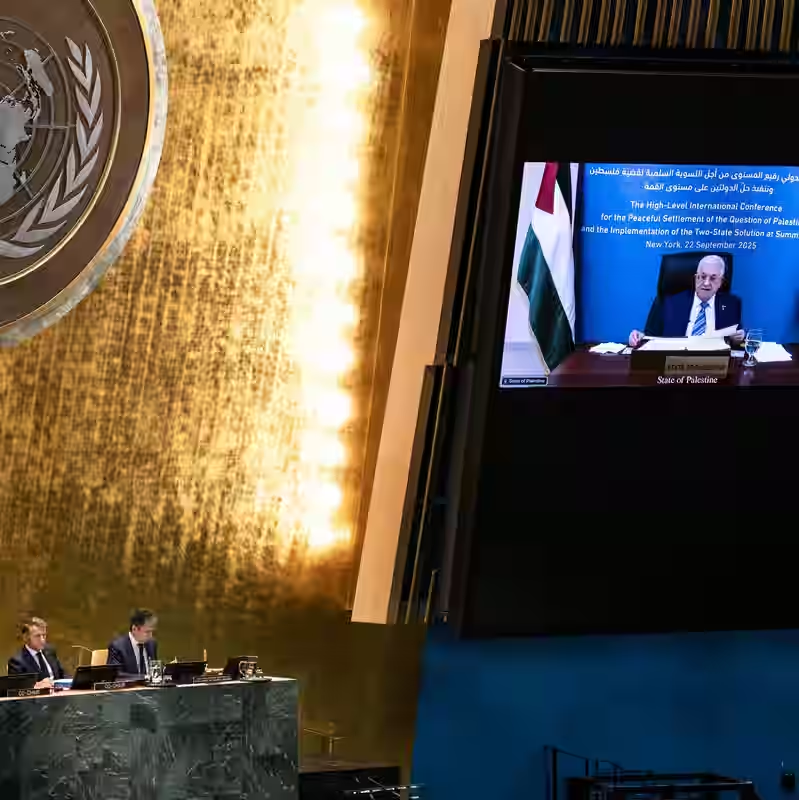The Palestinian Authority: Legacy, Crisis, and Future
As international efforts intensify to end the war in Gaza and chart a path toward reconstruction, one question looms large: Will the Palestinian Authority (PA)—the body that administers parts of the Israeli-occupied West Bank—play a role in governing postwar Gaza? Led by 89-year-old President Mahmoud Abbas, the PA considers itself the legitimate government of a future Palestinian state. But its credibility is crumbling at home and abroad.

What Is the Palestinian Authority?
Established in 1994 under the Oslo Accords, the PA was meant to be a temporary self-governing body for Palestinians in the West Bank and Gaza—pending final status negotiations with Israel. After Hamas seized Gaza in 2007, the PA’s control shrank to parts of the West Bank, where it still coordinates security with Israel.
Infographic: Palestinian Authority at a Glance
| Category | Detail |
|---|---|
| Founded | 1994 (Oslo Accords) |
| Current Leader | Mahmoud Abbas (since 2005) |
| Last National Election | 2006 |
| Territory Administered | Parts of Israeli-occupied West Bank (Area A & B) |
| Relationship with Hamas | Rival factions; split since 2007 |
| International Recognition | Recognized by ~150 countries as basis for Palestinian state |
Why Is the PA Under Fire?
- No elections in 19 years: Abbas’s term expired in 2009; he rules by decree.
- Perceived corruption: Widely criticized by Palestinians and watchdog groups.
- Security coordination with Israel: Seen by many as collaboration, not cooperation.
- Public trust collapse: Recent polls show majority of Palestinians want Abbas to resign.
Can the PA Govern Postwar Gaza?
Abbas has publicly offered to take over Gaza after the war—but with conditions: Hamas must disarm and play no role in governance. The White House’s new Gaza plan, however, sidelines the PA entirely, proposing instead a technocratic transitional committee overseen by a Trump-led “Board of Peace.”
Another proposal—the New York Declaration—suggests a reformed PA could return to Gaza under a unity government, with elections within one year of a ceasefire. But Hamas has rejected any plan that excludes its political role.
International Divide
While France, Britain, and Canada recently recognized Palestinian statehood—bolstering the PA’s diplomatic standing—Israel and the U.S. remain opposed. Prime Minister Netanyahu called the PA “corrupt to the core,” while the Trump administration denied Abbas a visa to attend the UN General Assembly.
What Comes Next?
The PA’s future hinges on three factors: internal reform, reconciliation with Hamas, and international backing. Without all three, it risks becoming a relic of a peace process long abandoned by both Israelis and Palestinians.




